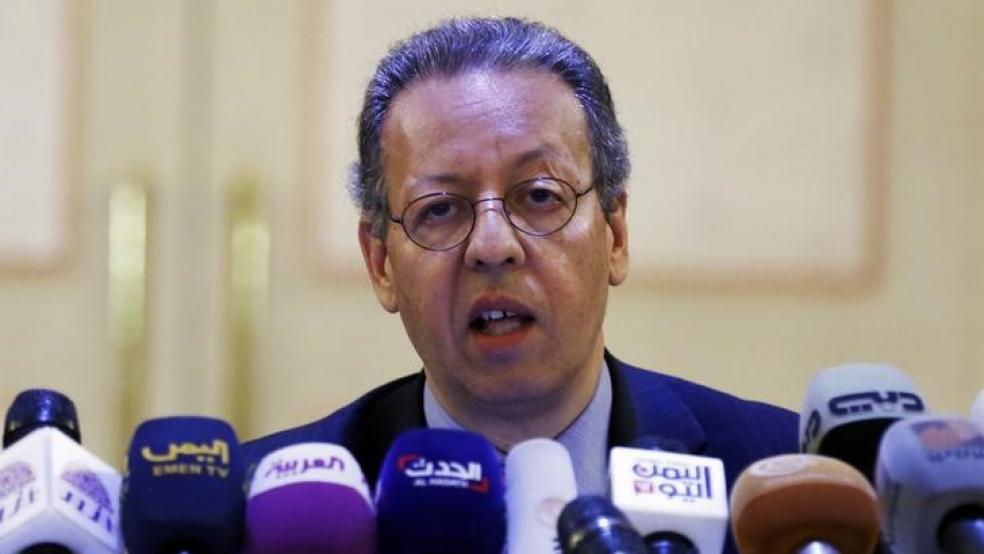Benomar, a veteran Moroccan diplomat, brokered a 2011 transition plan aimed at quelling political turmoil in Yemen. However, it subsequently unraveled, culminating in an ongoing Saudi-led bombing campaign against Houthi rebels allied to Iran.
"A successor shall be named in due course. Until that time and beyond, the United Nations will continue to spare no efforts to re-launch the peace process in order to get the political transition back on track," the statement said.A U.N. diplomatic source said Secretary General Ban Ki-moon was considering appointing Mauritanian diplomat Ismail Ould Cheikh Ahmed to the post. A Western diplomat said Ould Cheikh Ahmed was "in the mix", but that a final decision had not been made. Several diplomats said it had been known for months that Benomar wanted to leave his post.Benomar had irked Saudi Arabia and other Gulf nations with his handling of so-far unsuccessful peace talks between the Houthis and the Western- and Gulf Arab-backed Yemeni government, Western U.N. diplomats said on condition of anonymity.Both the Houthis and Yemeni President Abd-Rabbu Mansour Hadi, who has fled to Saudi Arabia, had also grown impatient with the envoy, Yemeni political sources told Reuters, and U.N.-sponsored talks repeatedly gave way to armed clashes.Yemen's new vice president, Khaled Bahah, said on Thursday that he would welcome Benomar's successor, but that the envoy was not responsible for the collapse of Yemen's transition."If something did not happen during the dialogue or there was a failure, Benomar should not be blamed for that - it's the political parties that did not help Benomar," Bahah told reporters in the Saudi capital Riyadh. (Reporting By Noah Browning and Louis Charbonneau; Editing by Michael Georgy and Kevin Liffey)U.N. envoy to Yemen resigns

Khaled Abdullah



